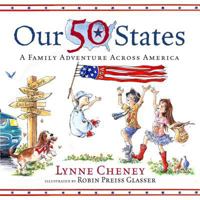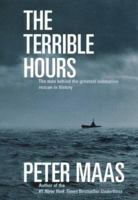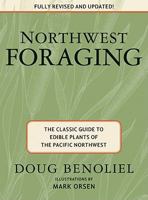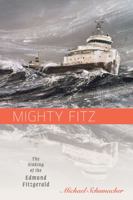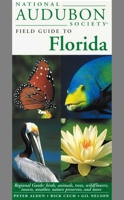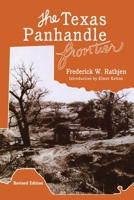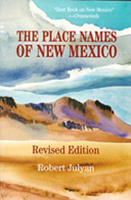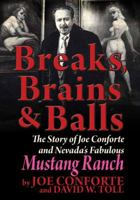The Complete Nevada Traveler: Guide to the State
Select Format
Select Condition 
You Might Also Enjoy
Book Overview
A guidebook to the wonders of the Silver State. In addition to an introduction to the communities and regions travelers encounter as they move through the state, Toll includes recommendations for his favorite restaurants, lodgings, and entertainments. Distributed for Gold Hill Publishing Company. This description may be from another edition of this product.
Format:Paperback
Language:English
ISBN:0940936100
ISBN13:9780940936102
Release Date:January 1998
Publisher:Gold Hill Publishing Company
Length:256 Pages
Weight:1.20 lbs.
Dimensions:0.7" x 7.1" x 10.0"
More by David W. Toll
Customer Reviews
5 customer ratings | 4 reviews
There are currently no reviews. Be the first to review this work.
















